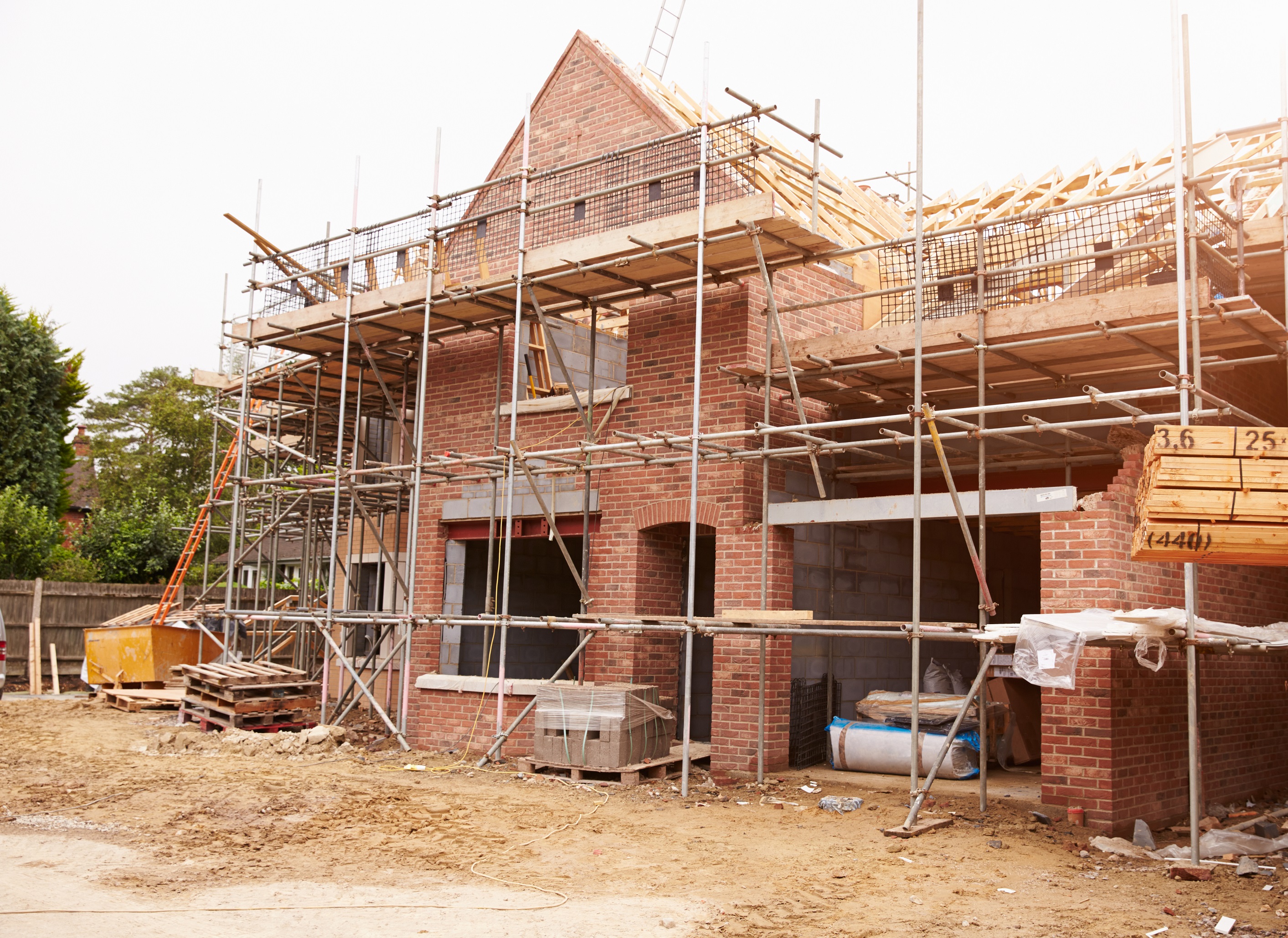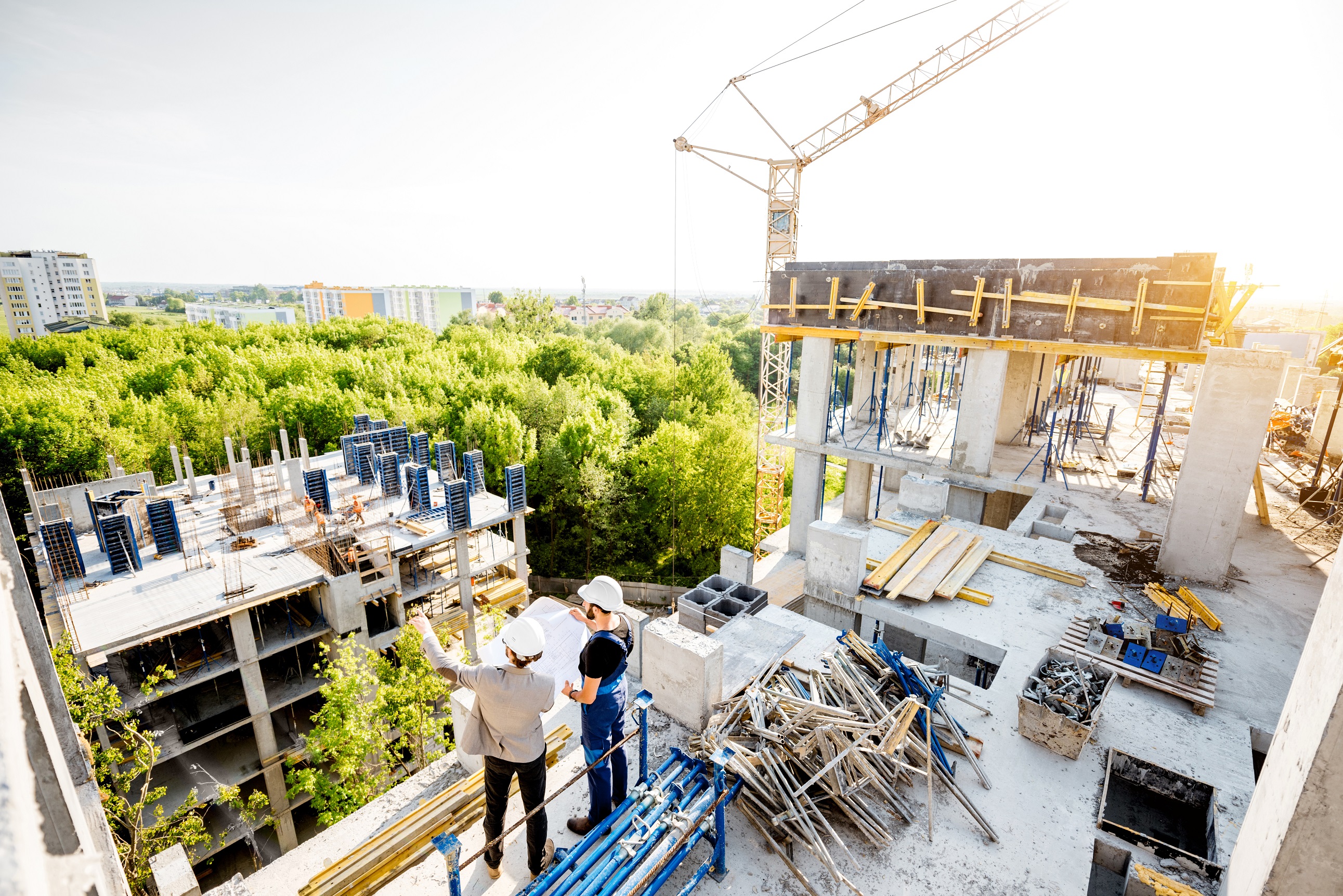About BPC Surveys
About Karl Fletcher
A Chartered Building Surveyor with over thirty years of experience in the profession. My career started in the private sector as a graduate Building Surveyor in Liverpool in 1988 where I obtained an excellent grounding in building surveys, project management and dilapidations work. I have worked as a buildings claims loss adjuster and spent a period of 10 years working in building maintenance management in retail and leisure businesses.
I worked in the field of New Home Building Warranties for a period of six years and expanded my knowledge of building defects and good building practice in housing. I became a Director of the business and promoted a range of professional and testing services to new homes developers. As a passionate believer in the need to respond to climate change and especially this industry, I improved my knowledge of sustainable building issues by completing an MSc in Sustainable Building Performance and Design.
I have also worked in the Public Sector fulfilling the role of a District Surveyor for a County Council for a period of six years and during this time I completed a professional doctorate in the Built Environment at Salford University. Fully self funding and studying on a part time basis I carried out research and wrote a thesis on the merits of considering building performance closely with building condition to improve the asset management process.
About BPC Surveys
The focus of this business is to carry out Building Surveying work to an excellent standard at affordable fees and to promote the benefit of examining Building Performance and Condition together. Also promoting the use of this approach in making improvements to our built environment and to the in the quality of the lives of people today and for future generations. Building performance evaluation techniques continue to develop and the technology continues to improve and become more readily available for us to measure the quality of the environment within the buildings in which we live and work.
The change for our built environment will require commitment to produce high quality buildings by refurbishing and upgrading existing building stock as well as by building new very low carbon buildings. Therefore all surveys should look to account for the provision or enhancement of these factors as we work towards finding a way to reduce the burden upon our planet from the built environment in the way that we occupy and use it.
The starting point is to consider the overall condition and where we find defects or areas in need of improvement we must look to correct these with an ambition to improve the sustainability and usability. The added incentive is that measures to improve sustainability often involve reduced running costs by investing in energy improvements which have reasonable payback periods.
We must not forget that the EPC is only a compliance tool and cannot be relied upon to provide us with accurate energy data but is a simple guide comparing the subject house against a notional property. The EPC is a starting point from which to look to develop a sustainability strategy for the property by examining in detail the issues that it highlights.
Dr Karl Fletcher BSc MSc DBEnv MRICS
Our Services
The RICS Building Survey
Formerly referred to as a Structural Survey the ‘Building Survey’ is the most detailed examination of a domestic property that the RICS prescribe. It could also be said to offer the greatest value as it often costs only a little more than the Homebuyers Survey (without valuation). The Building survey sets out 10 sections in which to fully identify the condition and provide information upon the property by prompting 79 different responses. These can be very specific e.g. condition of the rainwater goods or the ceilings within the property or general comment upon the local environment or the identification of issues for legal advisors such as Regulatory requirements or guarantees that may still be in place. The RICS Building Survey is the most comprehensive report of its kind and is recommended to be used for larger or older properties, or when planning major works. The report provides an in-depth analysis of the property's condition and includes advice on defects, repairs and maintenance options.
The RICS Homebuyers Report (without valuation)
The Homebuyers survey without Valuation is an elemental examination of the property very similar to the building survey.
The survey aims to assist the prospective purchaser make an informed decision on whether to go ahead with buying the property by providing an assessment of any repairs that the property needs and to identify what further advice the client should take before committing to purchase the property. There are no approximate costings and the report is less comprehensive than the Building Survey.
Partial Survey Reports and Defect Diagnosis
Undertaking a partial survey report is often required where there is a very specific defect with a property and some expert diagnosis is required. With over thirty years experience of defect diagnosis this is a specialist area including surveys on such matters as drainage defects, roofing issues, condensation problems etc. We are happy to become involved with the contract administration of remedial projects and working with specialist contractors.
Contract Administration
The role of the Contract Administrator (CA) traditionally involves the management of the building contract between the client and the contractor and commences when the work starts on site. However we offer pre-contract advice regarding Planning and Building Control, the building contract, contractor selection and the tender process. The key tasks required of the CA under the standard forms of building contract will typically involve :-
a. Holding Site meetings to monitor progress and quality
b. Issuing formal instructions upon variations
c. Agreeing extensions of time
d. Authorising payments
e. certifying the date of completion
f. settling the final account
The RICS Guidance Note for Contract Administration would be followed closely together with the RICS Rules for Conduct.
Condition Surveys
Condition surveys of both residential and commercial properties are carried out for a number of reasons and are particularly useful to property owners and tenants where they are responsible for the repair or they are entitled to have the repair completed. Recording condition is not only the first step in good property management it may also be used to ensure that any change in the condition of a property is recorded. Defects to buildings can be caused by 3rd party building works taking place near to the property and these should be be evaluated before and after the works and the responsibility for any damage clearly identified.
Planned Preventative Maintenance Programming
The proven way to manage any property repairs is to identify the defect and prioritise the rectification over a period of time which prevents further decay to the building and increased costs in the longer term. We are able to compile schedules of preventative maintenance works and to procure any work in economic batches so as to minimise the repairs expenditure and to enable the property to function to an acceptable standard. This exercise is essential in achieving good standards of property management and results in the protection of the asset whilst maximising the usability.
Building Sustainability Reports
The clear and obvious need for the pursuit of sustainable processes is important not just for the built environment but for all sectors of human activity. However, over 40% of global carbon emissions are produced from buildings and so we need to know how we can minimise these and be constantly aware of the cost and payback period for investment in low carbon technology. We must also consider the re-use of old buildings and building materials so that we can work towards reducing the embodied carbon in the construction of buildings. We are able to provide reports upon the levels of sustainability for new building proposals and for the conversion and use of older buildings. We can advise upon ways of reducing energy use and CO2 emissions by building modifications and improvements.
Internal Air Quality and Comfort Reports
People who live and work in highly developed built environments will spend approximately 80% of their lives residing within buildings. It is therefore essential that we create a good quality environment within all of our buildings which focuses upon the well being of the occupants and enables them to thrive. By measuring the internal environment we can gain an understanding of what is being achieved and what effect this is having upon the occupants. By altering the way that the building performs, or the way in which the occupiers use the building, it may be possible to make a considerable improvement to the internal air quality. This can in some circumstances be achieved at a very low cost and produce very considerable health and performance benefits for the occupants.
Post Occupancy Evaluations
The assessment process for new buildings, to ensure that they are performing as they were designed to, is referred to as Post Occupancy Evaluation (POE). This is a systematic evaluation process involving an initial inspection and the application of a number of techniques so as to achieve an understanding of how the building performs and how much energy it uses. the term Building Performance Evaluation has also been applied to this process and enabled the performance of all types of building new and old to be assessed. The coming together of building performance measurement techniques and the building condition assessment pocesses results in a Building Performance and Condition Evaluation which offers an holistic way of assessing a building for its suitability for the owner’s needs.
Contact Us
If you are interested in any of the services outlined above, or would like to speak to us for any reason, please contact us using the messaging service below or contact Karl Fletcher directly on 07904 417 530.


